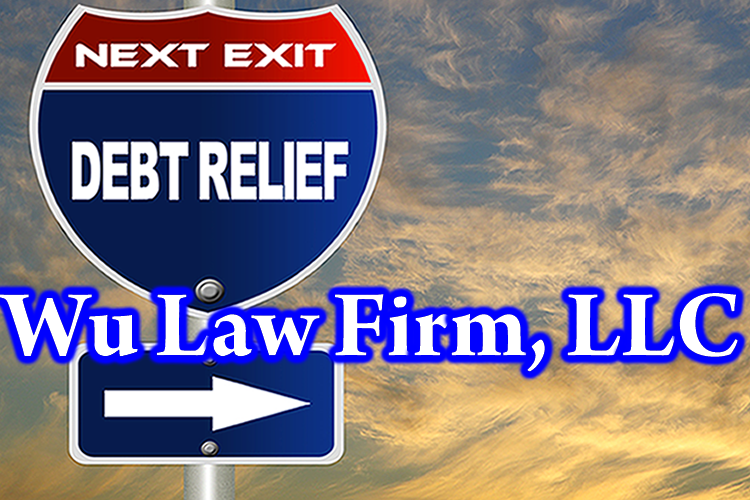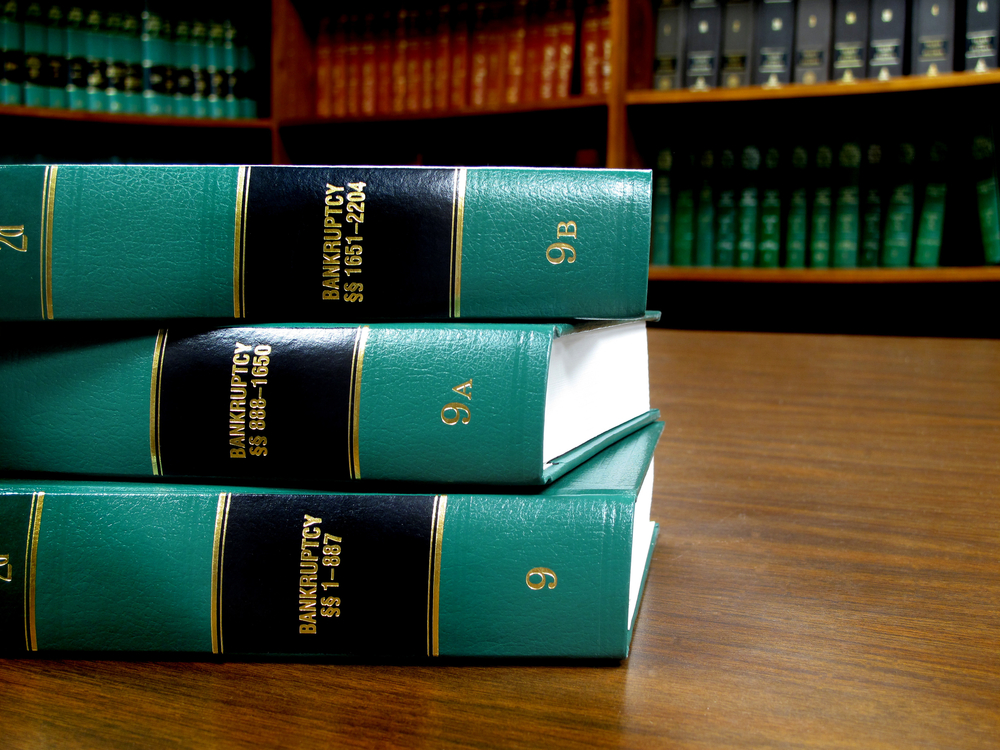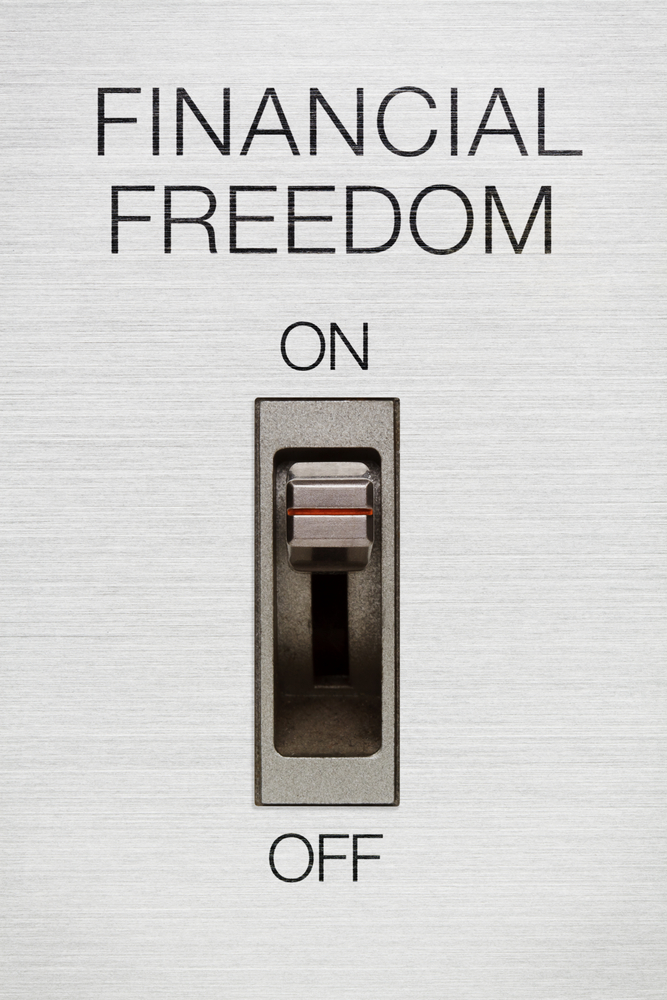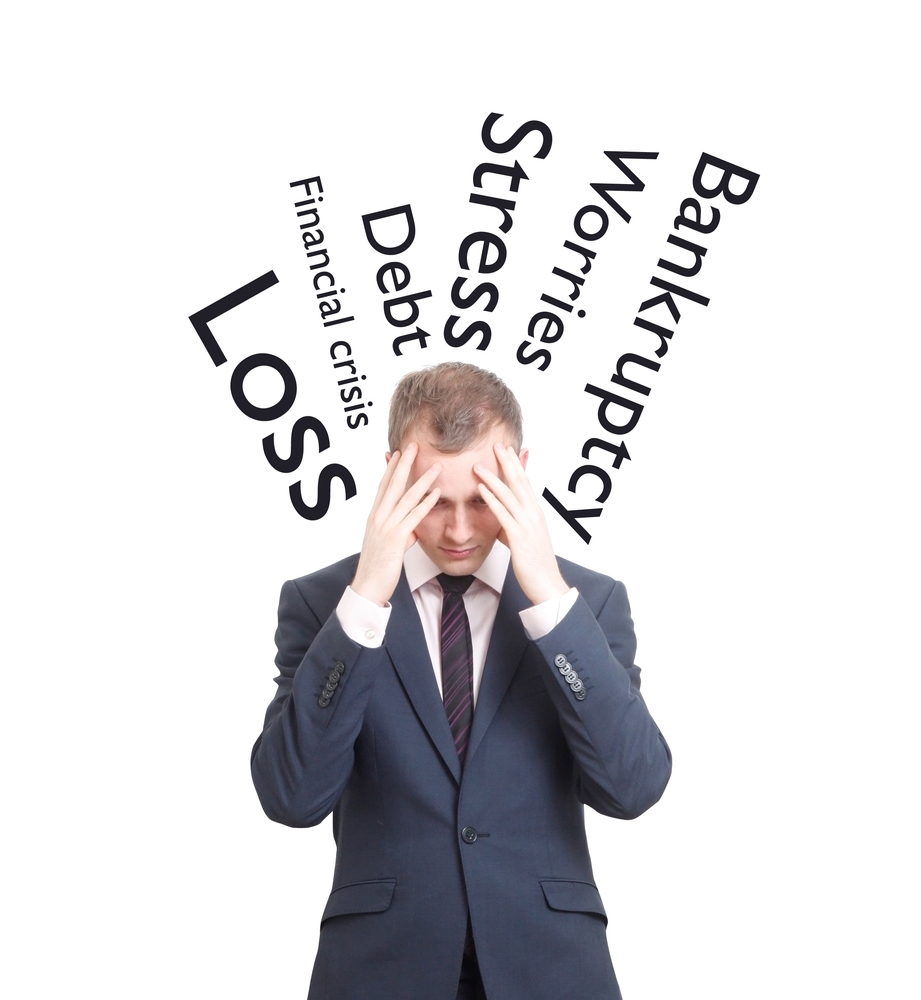What Are Your Options?
Researching how to file for bankruptcy on your own is likely the furthest thing from your mind. Let someone provide compassionate guidance every step of the way to help you get through a difficult time and make it just a little less stressful.
Chapter 7 or Chapter 13?
Chapter 7 bankruptcy is the more common type of bankruptcy and involves all of your unsecured debts being discharged/waived (Student loan debt is VERY UNLIKELY to be discharged!). To obtain this discharge, assets that are not considered exempt property are sold off to pay the creditors as much as possible. In practice, most property is kept by the debtor because it either falls under an exempt property code section, or it is not worth the transaction cost for the Court to seize and then resell. Eligibility for this form of filing is based on your income over the past year.

Chapter 13 bankruptcy means that your debt is not discharged, but your repayment terms are modified in light of your changing financial circumstances. This type of bankruptcy often results in a subsequent chapter 7 filing because the restructured plan does not work out. This can still be a useful option if your income makes you ineligible for a chapter 7 filing as it will give you a less stressful repayment schedule for your current debts. Also, Chapter 13 works like a form of loan consolidation because you will make payments to a trustee appointed by the court who will then distribute your payments amongst your creditors. Lastly, similar to a Chapter 7 filing, it will make it illegal for creditors to call you/contact you about repayment.
Call For Free Consultation
(515) - 974 - 7327
Evening and Weekend Appointments Available
We are a debt relief agency. We can help people to file for Bankruptcy under the Bankruptcy Code.
Anything presented on this website is intended for informational purposes only. Nothing should be interpreted as legal advice and you should consult an attorney if you want specific legal advice for your particular situation.



